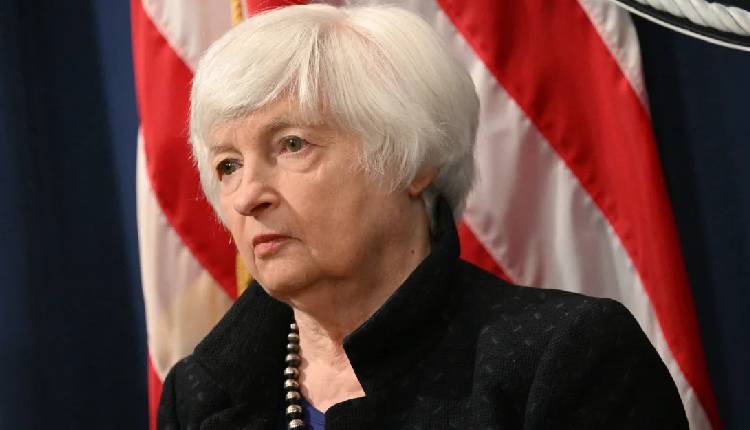Yellen urges action against China’s industrial policies at G7 meeting
US Treasury Secretary Janet Yellen called for “market-driven” countries to come together against China’s industrial policies during the Group of Seven (G7) finance ministers and central bank governors’ meeting in Italy from Thursday to Saturday, Xinhua reported on Sunday.
This call has sparked significant discussions on social media platforms such as Reddit. One top-rated comment pointed out the irony, highlighting the West’s reliance on China’s industrial capacity over the past three decades.
Another user criticised the perceived hypocrisy, stating that one cannot expect to benefit from globalisation while opposing China’s industrial policies.
Renowned economist Martin Wolf’s observations from his book “Why Globalisation Works” are being revisited, noting the current impediments to globalisation erected by certain Western politicians for political reasons.
Critics argue that the comparative advantage theory, a cornerstone of economics for over two centuries, is being disregarded. They note the irony of the US, a leading exporter in various industries, denouncing other countries’ comparative advantages.
Some US politicians have targeted Chinese electric vehicles (EVs), lithium batteries, and solar panels with hefty tariffs, overlooking global economic challenges exacerbated by decreased market demand.
Yellen’s stance faces criticism, as reports suggest American consumers, especially younger demographics, are open to Chinese EVs if they offer compelling features and affordability.
Rhetoric demonising China for global issues fails to offer real solutions or improve people’s lives, as observed by critics.
While concerns over rising living costs persist, forming a coalition against Chinese products is seen as inadequate for addressing economic challenges, emphasising the need for political unity over fragmentation.
Biden’s recent decisions on tariffs indicate a departure from decades of trade engagement with China, raising questions about public tolerance for potential economic consequences.


